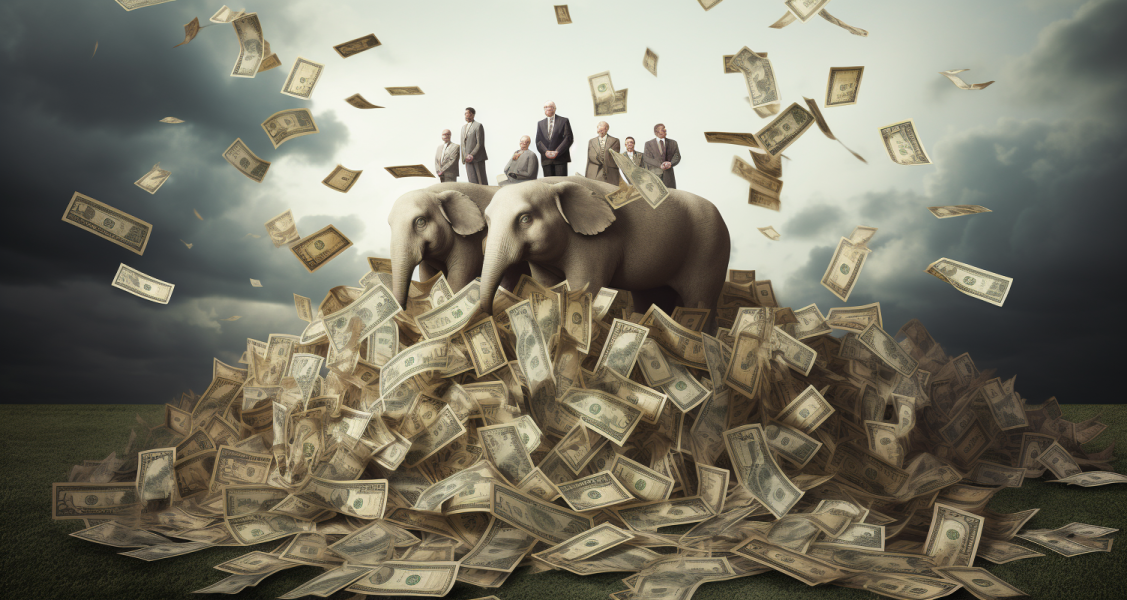In the theater of modern politics, campaign finance has taken center stage, igniting passionate debates about the role of money in the democratic process. As political campaigns become increasingly expensive, the call for reform grows louder. This article delves into the complexities of campaign finance, exploring the arguments for and against reform and the implications for democracy.
Understanding Campaign Finance
Campaign finance refers to the funds raised and spent to promote candidates, political parties, or policy initiatives. Sources can range from individual donors and political action committees (PACs) to corporate contributions and self-financing by candidates.
The Case for Reform
- Leveling the Playing Field: Advocates argue that limiting contributions can ensure that wealthy donors don’t have disproportionate influence.
- Transparency and Accountability: By implementing stricter reporting requirements, the public can better understand who is funding political campaigns.
- Reducing the Risk of Corruption: Caps on donations can minimize the potential for quid pro quo arrangements.
Counterarguments: The Case Against Reform
- Free Speech: Opponents of strict regulations argue that donating money is a form of political expression protected by free speech rights.
- Practical Challenges: Enforcing contribution limits can be challenging, especially with the rise of super PACs and dark money groups.
- Self-Funded Campaigns: Wealthy candidates can bypass donation limits by self-financing, potentially giving them an advantage.
Modern Challenges: Navigating the Digital Age
- Online Fundraising: The rise of digital platforms has democratized fundraising, allowing small donors to play a more significant role.
- Social Media and Advertising: With the increasing importance of online advertising, campaigns need more funds to maintain a digital presence.
Global Perspectives: How Other Nations Handle Campaign Finance
Different countries have unique approaches to campaign finance, from strict spending limits and public financing systems to more laissez-faire models. These variations offer insights into potential reform paths.
The Path Forward: Potential Solutions
- Public Financing: Offering public funds to match small donations can amplify the voices of ordinary citizens.
- Stricter Disclosure Requirements: Ensuring transparency in campaign contributions can help voters make informed decisions.
- Constitutional Amendments: Some advocates argue for amending the constitution to clarify the role of money in politics.
The debate over campaign finance reform is more than just a discussion about money; it’s a reflection of broader democratic values. As the political landscape evolves, finding a balance between free expression and equitable representation remains a paramount challenge. The future of campaign finance reform will undoubtedly shape the very nature of democracy, underscoring the importance of continued dialogue and thoughtful action.







